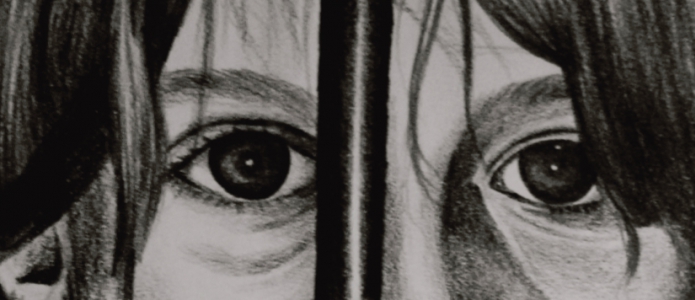Tag: G4S
-
Imprisoned Voices: corporate complicity in the Israeli prison system
20th April 2015 | Corporate Watch | This briefing was published on 17 April 2015 to coincide with the annual day of solidarity with Palestinian prisoners. It collects the memories of the pain, suffering and resilience of Palestinians who have been imprisoned by Israel. In 2013, Corporate Watch visited the West Bank and Gaza Strip and…
-
Avoiding accountability: Life in Ramleh prison hospital
11th April 2014 | Corporate Watch, Tom Anderson and Therezia Cooper | Gaza, Occupied Palestine Corporate Watch has been investigating the companies involved in the Israeli prison system and interviewing ex-prisoners. This interview is part of a series of articles to be released over the coming months that we hope will serve as a resource for…
-
BDS: Bill Gates slammed over links to Israel prison torture
Addameer and Palestinian BDS National Committee Palestinian human rights organisations have criticised Bill Gates after it emerged that his charitable foundation is heavily invested in G4S, a private security company that helps Israel run prisons at which Palestinian political prisoners are held without trial and subjected to torture. In an open letter to the Bill…



